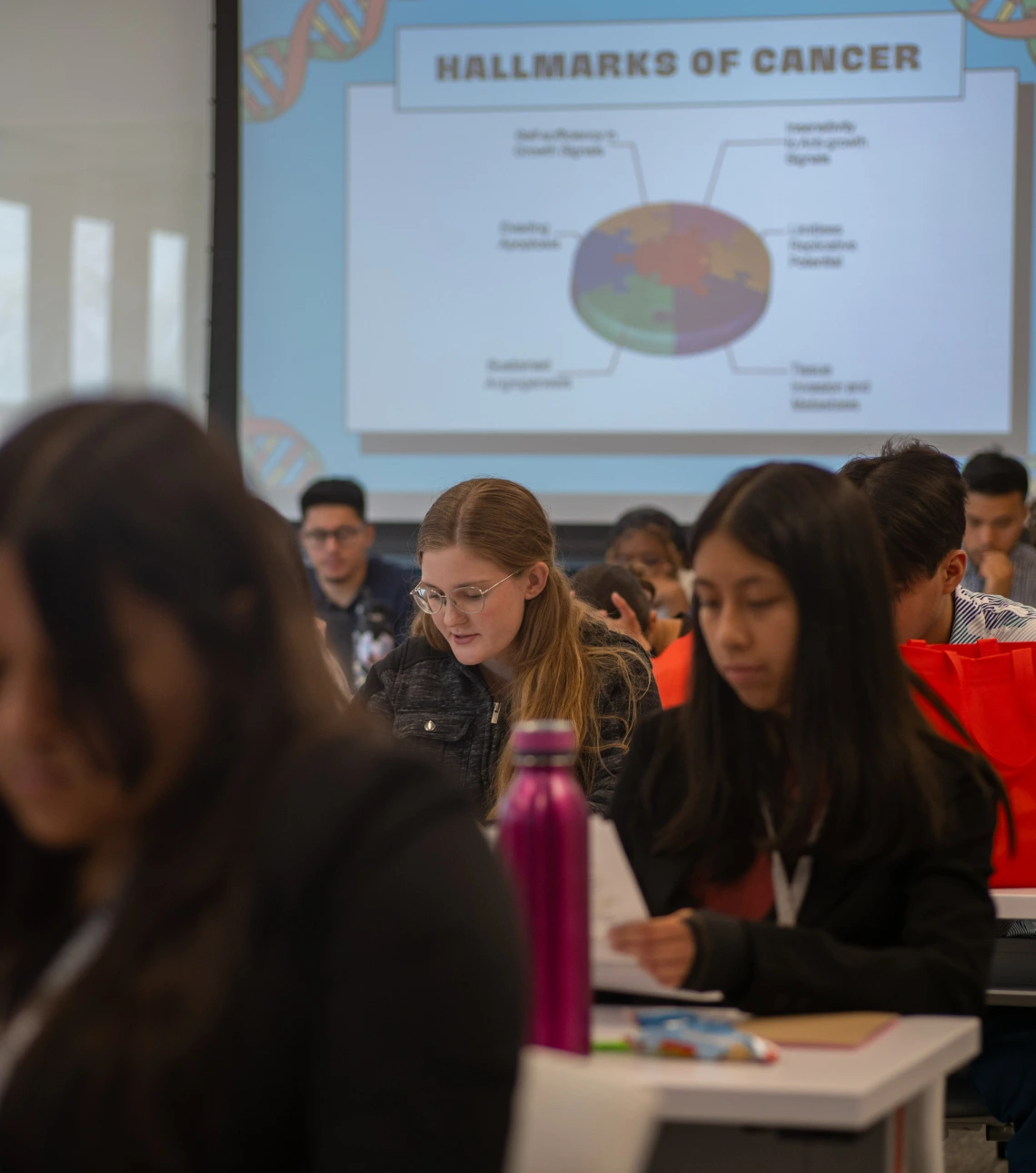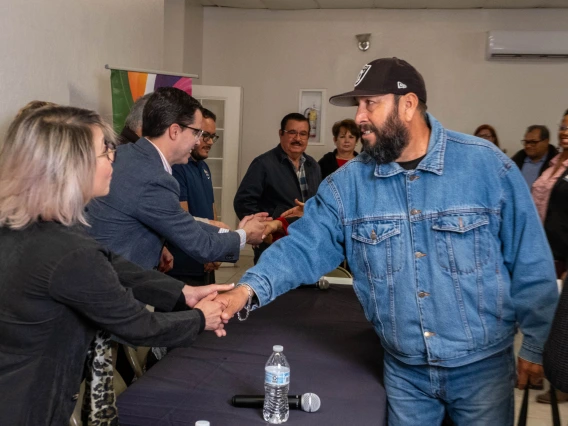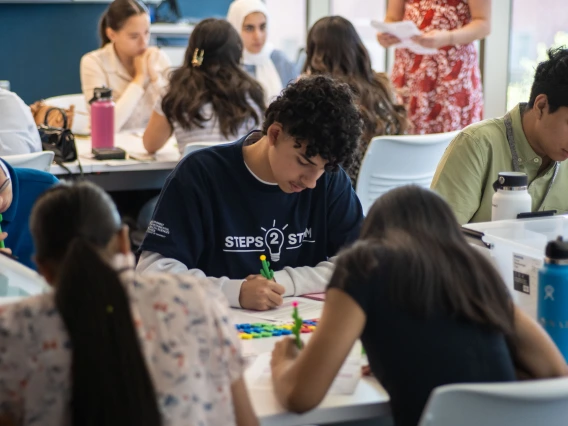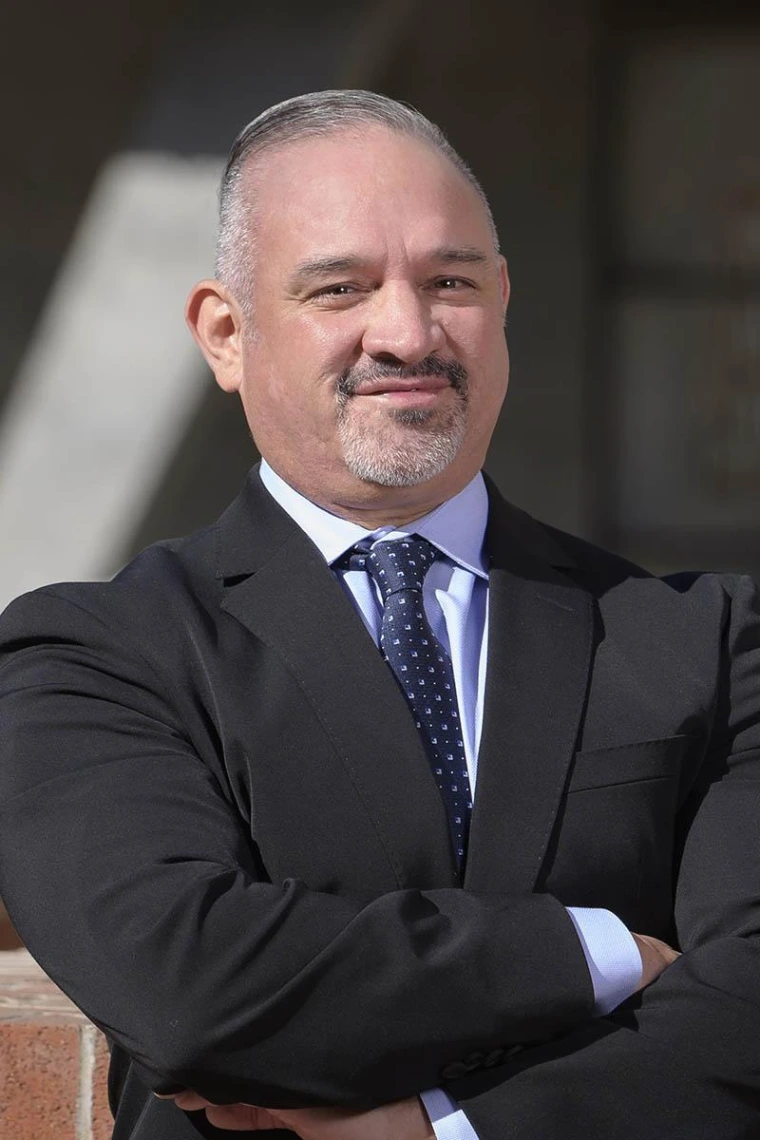What’s the idea behind IDEA? This office within the cancer center is more than a diversity, equity and inclusion office, as it works to coordinate efforts and form a bridge between community outreach efforts and training the next generation of cancer researchers.
Being an NCI Designated Comprehensive Cancer Center means doing relevant research to the community we serve. The population of Southern Arizona that makes up our center’s catchment area is unique, and it follows that the research it does should address the specific needs of the people it serves. This means researching cancers that are most detrimental to the people living here, as well as novel prevention, diagnosis and treatment tactics that are specifically tailored to the needs of Southern Arizona.
Associate Director, John M. Ruiz, PhD, leads IDEA. This office works within the Cancer Center to ensure that plans for recruitment and retention encourage the development of a diverse team of faculty, staff and trainees. They work collaboratively with other offices such as Community Outreach and Engagement, Human Resources, and Cancer Research Training and Education Coordination to establish and maintain an environment within the Cancer Center that is supportive, inclusive and accessible and engages the community in ways that are relevant and beneficial to its diverse population.
IDEA is charged with developing, maintaining and advancing a plan for achieving these goals using methods that are measurable, accountable and engaging with stakeholders while promoting institutional change that provides opportunity to all. These goals are in lock step with the University of Arizona Cancer Center’s 2020-2025 Strategic Plan: Bear Down on Cancer, which aims to reduce health disparities surrounding cancer among minorities within the Cancer Center’s catchment area. The inaugural IDEA office at the Cancer Center was established in February of 2023.

IDEA helps the center form high-level strategies for using the successes of community engagement to create pathways for training and education. Many of the innovations of tomorrow are incubating right now in the minds of children growing up in Southern Arizona, in these students who are inspired to excel in K-12 STEM, undergrads already here in a diverse set of programs at the University, and graduate students all over campus not only in the health sciences, but also in fields like engineering, environmental science, psychology and anthropology.





